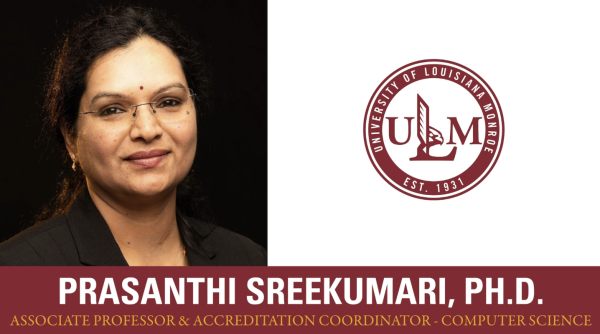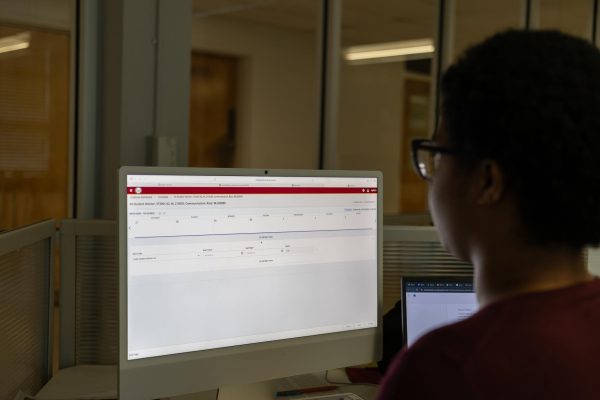Students feel GRE doesn’t reflect readiness
Imagine it’s your senior year of college. There are many things on your to-do list that must be completed before graduating and going to graduate school.
Some of these things include applying to graduate, ordering a cap and gown, writing a letter of intent, getting letters of recommendation and many other little things that add up to a lot.
Before you realize it, getting to graduate and advance in your schooling becomes an even bigger task than your schoolwork.
Then, once you are almost at your breaking point, you have to take the GRE.
According to U.S. News, the GRE is a standardized test that is designed to measure overall academic readiness for graduate school.
Many students feel the GRE does not serve its sole purpose of reflecting students’ readiness for grad school.
Lauren Walters, a senior pre-physical therapy student, said the first problem is that the GRE does not reflect students’ intelligence.
“Personally I do not like standardized testing because it does not prove a student’s overall academic ability,” Walters said.
Mackenzie Davis, a graduate marriage and family therapy student, said the second problem with the GRE is that it is not specific to each program. While it benefits some programs, it is irrelevant to others.
“Taking it was kind of irrelevant to the program I am in now, but I can see how it would be useful for some programs,” Davis said.
Not only do students feel the GRE is not an adequate depiction of readiness, professors and members of graduate committees across the country agree.
Because of COVID, some programs at universities decided to waive GRE scores.
After waiving GRE scores, many graduate programs noticed the GRE was not beneficial in determining readiness or success so dozens of programs across the U.S. removed the GRE from their graduate application, according to Prep Scholar.
Lauren Wright-Jones, the speech language pathology program director, said for now the speech language pathology program is waiving the GRE and taking a more holistic approach which has already been proven to be more beneficial for the program and students.
Wright-Jones feels this more adequately allows the graduate committee to assess a student’s ability to think critically and apply what they have learned.
“Switching to a holistic approach allowed us to evaluate scores, personal statements, letters of recommendation and student responses to a variety of critical thinking questions to really make our decisions about the students admitted,” Wright-Jones said. “We know that intelligence and exceptionality come in many forms and therefore we have to be willing and able to assess and measure that in more divergent ways than we historically have.”




